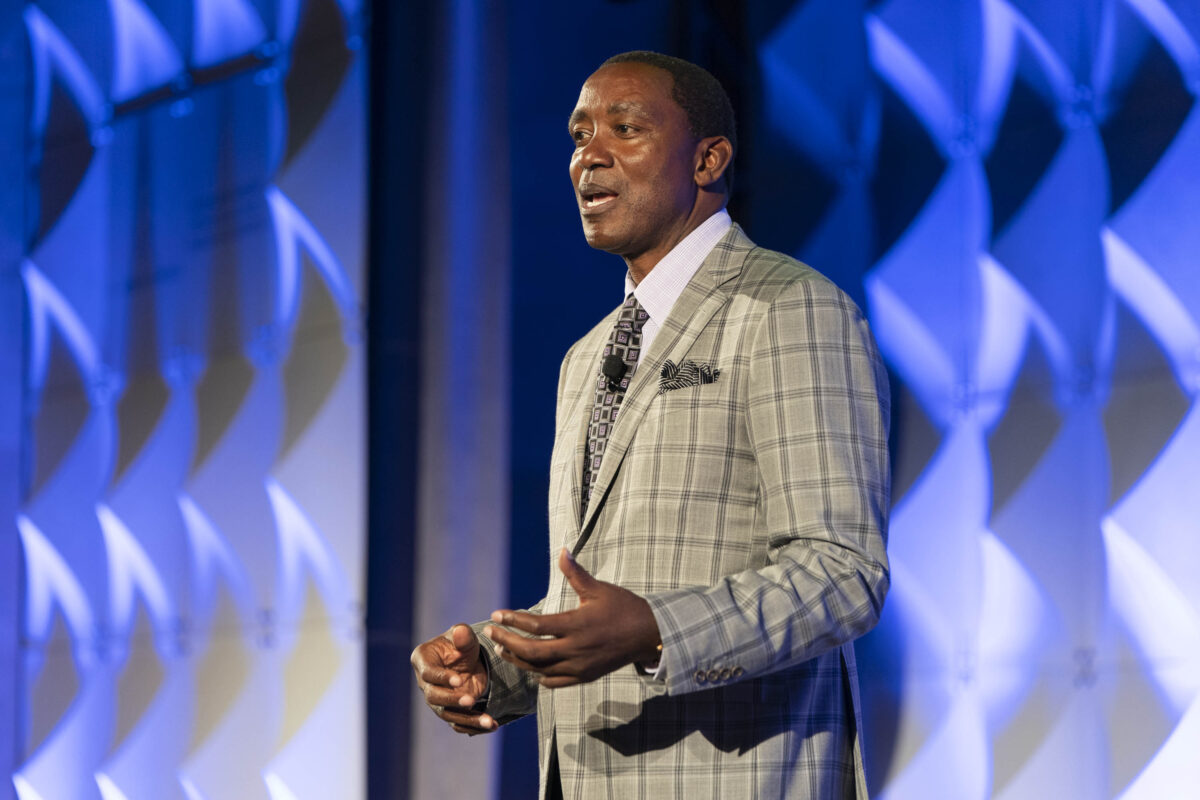
A baby in the midst of a whooping cough (pertussis) fit will appear to cry without making a sound. Her mouth will be open as she tries to cough to clear the mucus from her narrowed airway, but if she’s really struggling, nothing will happen. Her lips and tongue might turn blue. She could seize. When the fit is finally over, she’ll vomit.
It’s absolutely terrifying to watch (and no doubt, to experience), and precisely the type of picture public health organizations need to paint to counter anti-vaccination propaganda. No more stats about the infrequency of adverse reactions, or sterile “myth vs. fact” pages on government vaccine information websites. Facts don’t move people the way that an appeal to emotion — fear, specifically — does.
Anti-vaxxers know that. Their dispatches are compelling: Vaccine Choice Canada, a registered not-for-profit, posts devastating, detailed, first-person stories on its website by parents who report taking their perfectly healthy children in for their scheduled vaccines and leaving with sick, disabled or otherwise “vaccine-injured” children.
There are, of course, the requisite stories about children exhibiting autistic behaviours after vaccination — anecdotes that are easily dismissed by people who already know that there is no link between the MMR (measles, mumps, rubella) vaccine and autism.
But some of the other stories are harder to shrug off. They include tales of babies experiencing seizures, anaphylaxis and even paralysis after vaccinations. According to the parents’ own accounts posted on Vaccine Choice’s website, emergency room physicians dismissed their concerns, telling them that they were simply overreacting.
These are the critically dangerous stories from a public health perspective, in that they can’t be flat-out rejected as false. That makes them potentially persuasive even to parents who know better. We know the chance of a serious adverse reaction as described above is exceedingly rare — about three in a million, according to the most recent data out of Ontario — but statistics don’t stick in the mind the same way a single story of a mother’s anguish does. And anti-vaccination groups tell those stories perfectly.
Measles outbreaks
Right now, British Columbia is currently grappling with a measles outbreak, and so too is Washington state, Texas (where a lawmaker erroneously suggested that antibiotics could clear up the outbreak) and a handful of other regions mostly along the Pacific Northwest. Not surprisingly, the World Health Organization (WHO) has identified “vaccine hesitancy” as one of the top 10 threats to global health in 2019.
Vaccine hesitancy, however, is an umbrella term that really describes two distinct groups. There are the strident anti-vaxxers whose opposition to vaccination is entrenched and full-throttled — the organizers and proselytizers, who made up less than three per cent of parents surveyed, according to one study. And then there are those who can more accurately be described as vaccine-hesitant — those who are worried about adverse reactions, or autism, or the pace of the vaccine schedule, or about putting “artificial” medicines in their children.
The former group might be impossible to influence, but the latter group can still be reached, though bombarding them with stats about safety and sterile warnings about vaccine-preventable illnesses obviously isn’t working.
So scare them. Show them what a child hospitalized with measles-induced encephalitis looks like. Tell stories like that of Jamie Schanbaum, whose legs and fingers were amputated after she contracted meningitis as a Texas University student. Let them see what it’s like for a baby with whooping cough try to struggle to breathe.
Then let the anti-vaxxers try to counter with stats: But encephalitis from measles is rare! (True) Vaccines don’t prevent against all kinds of meningitis! (True) You can still get whooping cough even if you’ve been vaccinated! (True) But alas, information about the relative infrequency of complications doesn’t stick in the mind the way the image of a baby’s blue lips and tongue does.
The better way
Some might be uncomfortable with pro-vaccination efforts using the same appeal-to-emotion, anecdotal tactics as do anti-vaxxers. But offending our collective polite sensibilities matters less than herd immunity and the suffering of children who have little to no say in their own health care.
Some regions have adopted or are considering adopting policies that essentially make life more difficult for anti-vaxxers; for example, by preventing them from sending their children to public schools unless they have been vaccinated or have a legitimate medical exemption.
But these measures just tend to galvanize the most militant anti-vaxxers, many of whom are convinced that there is a government and pharmaceutical conspiracy to vaccinate children. (In my day, the goal of government conspiracies were a lot more nefarious than trying to keep kids alive, but I digress.) It also does little to actually help the children of vaccine-hesitant or anti-vaxx parents, other than entrench their parents’ beliefs. These sorts of prohibitions also do little to mitigate the risk of measles spreading at the grocery store or community centre or anywhere else these banned-from-public-school kids can still frequent.
The better way is to reach vaccine-hesitant parents before, or more effectively than, the anti-vaxxers do. Anti-vaxxers know how to turn suffering into propaganda: to use anecdote to stoke fear. Fighting fear with information doesn’t work as well, unfortunately, as fighting fear with fear. Anti-vaxxers have graciously already given us the formula. All we have to do is follow it.
This column is part of CBC’s Opinion section. For more information about this section, please read our FAQ.
This story originally appeared on CBC















